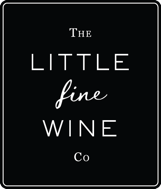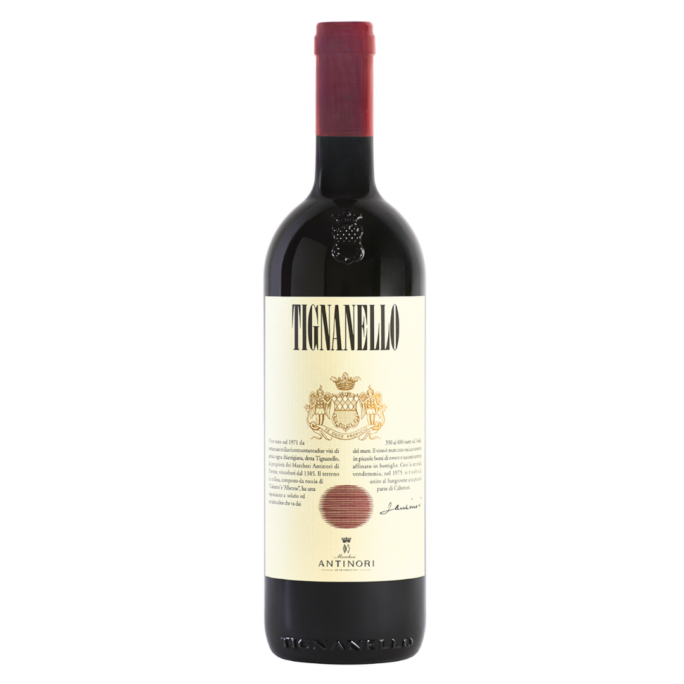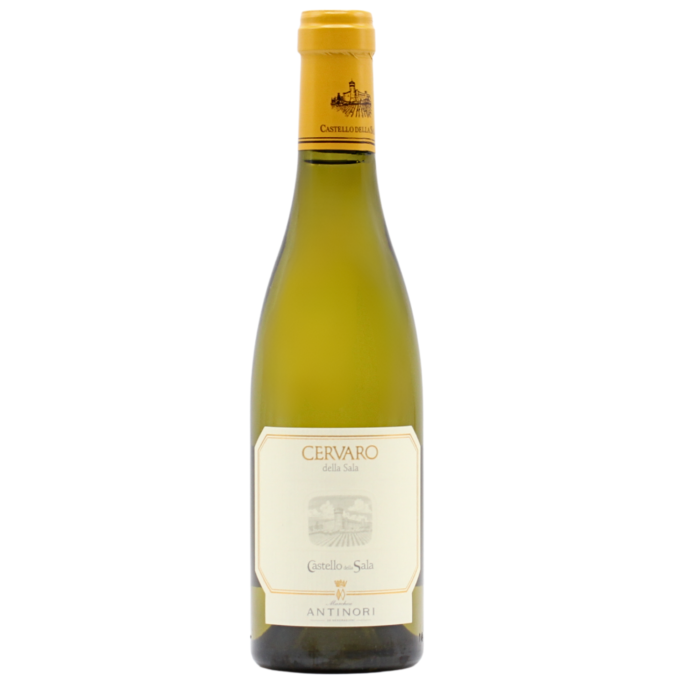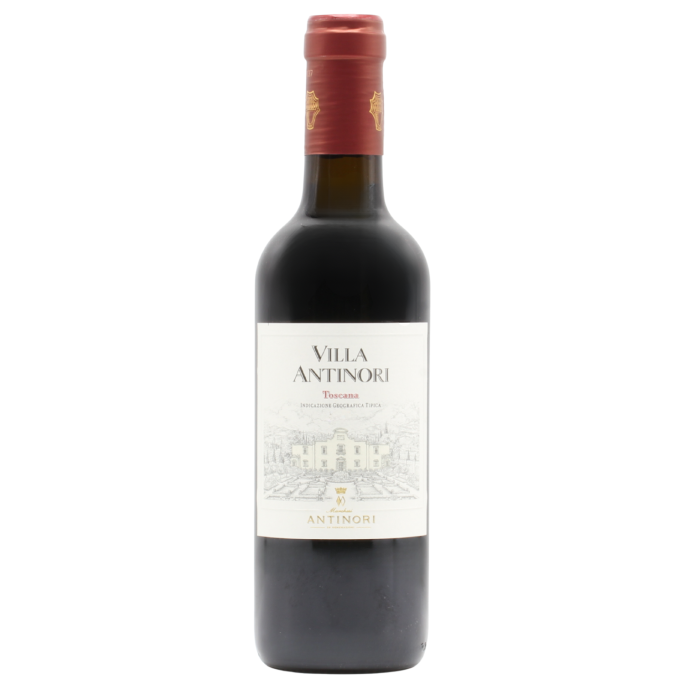Tignanello Wine
Tignanello is seen as a milestone in its category as it was the first Sangiovese to be aged in barriques. It was the first contemporary red wine to be blended with untraditional varieties and the first red wine in the Chianti Classico region that did not use white grapes, making it a trendsetter with many other providers following suit. The Tenuta Tignanello estate is in the centre of Chianti Classico, with around 321 acres dedicated to vines.
With two of the signature Tignanello wines being produced from these vineyards, they have been described as some of the most influential wines in the history of Italian viticulture. These wines, the Tignanello and the Solaia, both are ongoing challenges and never-ending passions for the team behind them.
Showing all 3 resultsSorted by popularity
Showing all 3 resultsSorted by popularity
Tignanello Wines
Here is a more in-depth look at the two most important wines to the Tignanello brand, revolutionising viticulture in Italy.
With Tignanello being the first for many things, this wine is very impressive as it is so intensely fruit-based that it almost tastes like a barrel sample. It features a burst of red fruit first, and hints of blood orange, spice, cinnamon, and mocha develop later on. It is very sleek and racy, featuring an extraordinary balance of tannins and bright fruit, making the wine a sublime product.
Now for the Solaia, the wine is named after the Solaia vineyard, which is the sunniest part of the Tignanello’s hillside—utilising the very best grapes from the very best part of the vineyard. A cabernet Sauvignon-based wine with plenty of Tuscan acid and structure through the mid-palate and into the finish. It has a taste full of black cherry, plum, incense, and smoke. The Solaia shows Antinori’s ambition and desire.
Tignanello Heritage
The Antinori family has been committed to making wine for the past six centuries since 1385. Beginning with Giovanni Di Piero Antinori when he became a member of the Florentine Winemakers Guild. Throughout the family’s history, they have managed the business by making innovative and bold decisions whilst upholding respect for traditions and the environment.
The Antinori family, a significant presence in Italian history, has left an indelible mark on the history of Florence and Italian wine, earning official recognition of merit in 1873. In 1966, Piero Antinori embarked on a journey of research and experimentation, leading to the development of new techniques such as the use of steel vats with controlled temperatures, cold sterile bottling, and cold fermentation of white wines. This innovative spirit culminated in the creation of the esteemed Tignanello, which garnered high praise. The family’s most recent achievement is the construction of a winery in Chianti Classico, featuring state-of-the-art architecture and eco-friendly, sustainable materials, a testament to their commitment to the Tuscan countryside.



